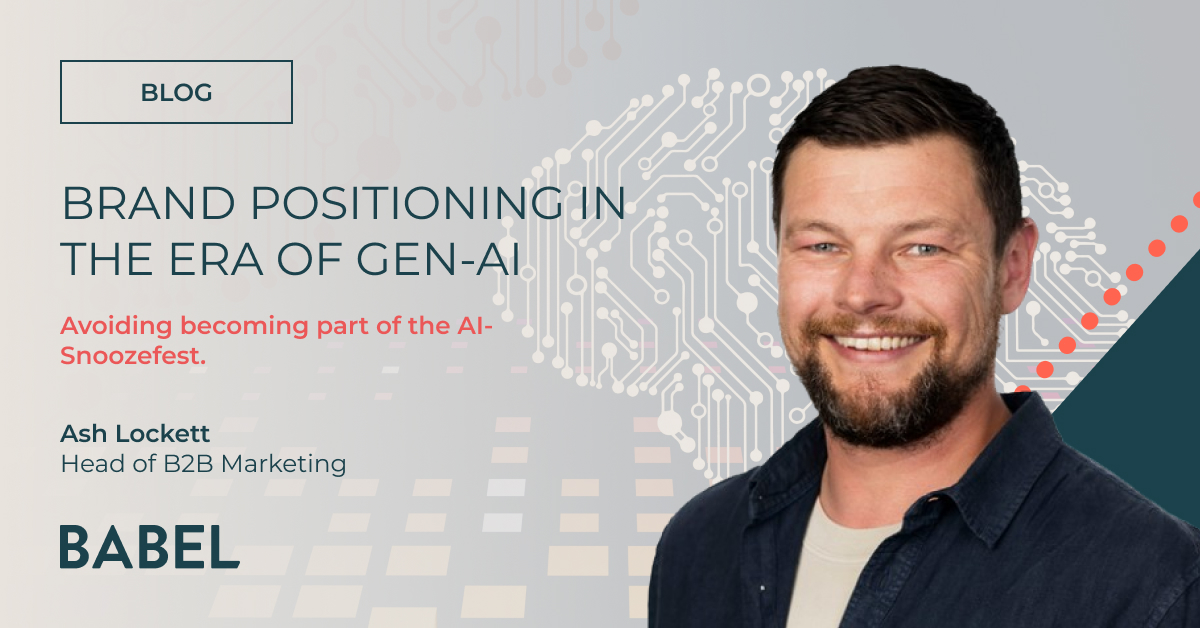
Four Key Insights for Tech Companies from the AI Summit
The recent AI Summit held in the UK brought together industry leaders, international politicians, and tech visionaries to discuss the future of AI regulation and its impact on our world.
In this special news round-up blog, we’ve summarised the four key takeaways from the conference that technology companies should pay close attention to.
1) The Bletchley Declaration
2) The race to regulate
According to John Thornhill’s analysis in the Financial Times, “The US executive order on AI regulation and the establishment of its own AI safety institute should be seen as a consciously timed move to underline American dominance and leadership in AI research but in its regulation too.”
The United States made a significant move with an executive order on AI regulation, emphasising American leadership in AI research and regulation. The executive order addresses various concerns including privacy, security, discrimination, and disinformation. It is the most comprehensive attempt to date to regulate the world’s biggest AI companies, many of which were founded in America. The move reinforces the idea that the U.S. is actively pursuing AI regulation, despite the UK hosting the first international summit of this kind. It highlights the competitive nature of AI regulation on the global stage. Something we explored from an EU perspective in our webinar earlier this year.
3) Government’s or developer’s responsibility?
A key point of discussion revolved around ownership and responsibility for AI safety. While there was no consensus on government involvement in testing AI systems, the Biden administration has made it a requirement for American tech firms to submit test results for powerful AI systems to the government. Meanwhile, the EU is progressing towards passing its AI act, while UK officials remain cautious about the feasibility of regulation due to the rapid pace of industry development. It still remains uncertain whether the onus is on the developers or relevant government agencies to ensure AI is safe for use. However, the summit hopes to progress with both parties working together to protect the tech and the people.
4) The future of work
The impact of AI on employment and the future of work was a central theme during the summit. Tesla CEO Elon Musk’s warning about AI being a significant threat to humanity during the live-streamed fireside chat with Rishi Sunak overshadowed important developments at the summit in this area. However, government officials, including Rishi Sunak, reassured the public by highlighting the importance of reskilling and education reforms to mitigate the impact of AI on jobs. The consensus at the summit was that AI should complement human work, rather than replace it. Although the implications of Musk’s comments on a future where “AI will do everything” remain a subject of debate and ethical consideration.
To conclude, the summit succeeded with a significant show of support for developments in AI regulation, including the United Nations’ appeal for an expert AI panel similar to the Intergovernmental Panel on Climate Change. It also demonstrated that leading AI tech companies are committed to collaborating with governments to test their advanced AI models before and after general release.
Above all, concerns were raised about widespread disinformation and manipulation of materials, particularly in the context of the future of work and upcoming elections in the U.S., India, and the UK. Ultimately, the signing of the Bletchley Declaration is the first step towards establishing an expert AI panel to reach a multilateral agreement about AI capabilities and ethical use in the future.
Written by Khairat Shaaban
Consultant





